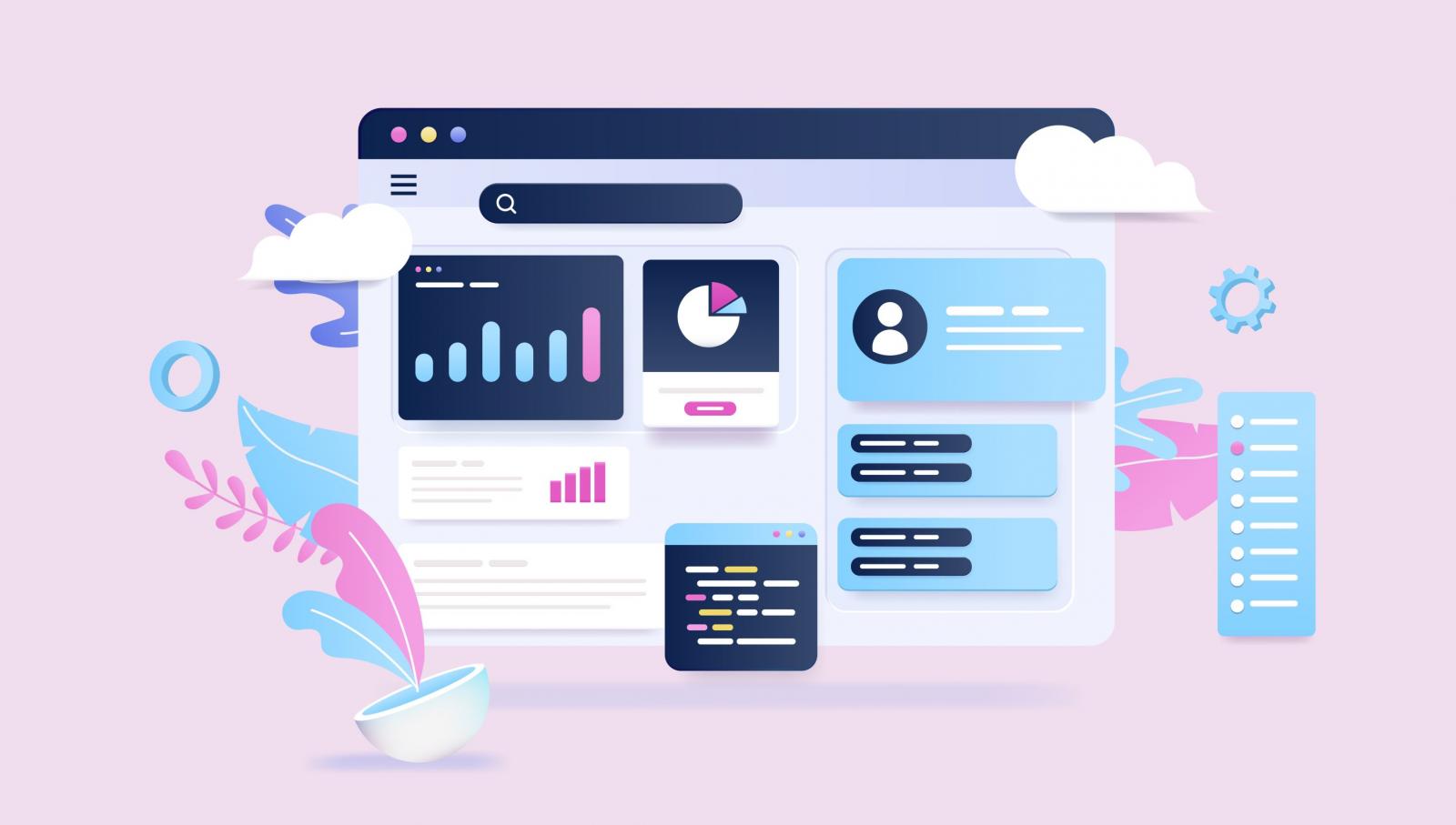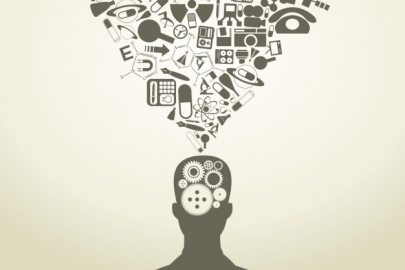Introduction
The National Disability Insurance Scheme (NDIS) plays a crucial role in supporting individuals with disabilities in Australia. Established to provide financial assistance and resources, the NDIS aims to enhance the lives of people living with disabilities. In this article, we’ll delve into the specifics of what the NDIS pays for and how it can make a positive impact on the lives of those it supports. What sort of things does NDIS pay for?
1. Core Supports
Core supports are a fundamental aspect of the NDIS, encompassing the essential assistance required for day-to-day activities. These supports are designed to aid individuals in building their independence and participating actively in their communities. Core supports funded by the NDIS may include personal care, assistance with daily living tasks, and support to access the community.
1.1 Personal Care
One of the primary areas covered under core supports is personal care. This includes assistance with activities such as bathing, dressing, and grooming. NDIS funding can be utilized to engage support workers who provide personalized care, ensuring that individuals with disabilities can maintain a good standard of hygiene and personal well-being.

1.2 Assistance with Daily Living
Individuals with disabilities may require additional support to perform daily tasks. NDIS funding can be used to access assistance with activities like meal preparation, household chores, and managing medications. This support aims to enhance the quality of life for participants by ensuring that they can manage their daily routines effectively.
2. Capacity Building Supports
Capacity building supports focus on developing the skills and capabilities of individuals with disabilities, empowering them to achieve their goals and aspirations. NDIS funding in this category can be utilized for a range of services aimed at enhancing personal development and fostering independence.
2.1 Skill Development
Under capacity building supports, the NDIS may cover the cost of skill development programs. This could involve training in areas such as communication, social interaction, and vocational skills. The goal is to equip participants with the tools they need to navigate various aspects of life more independently.
2.2 Improved Health and Well-being
Health and well-being are crucial components of a fulfilling life. NDIS funding can be used to access services that contribute to improved physical and mental well-being. This may include funding for allied health services, fitness programs, and therapeutic interventions designed to enhance overall health.
3. Access to Community and Social Activities
Participating in community and social activities is essential for fostering a sense of belonging and preventing social isolation. The NDIS recognizes the importance of community engagement and may provide funding for activities that facilitate social inclusion.
3.1 Social and Recreational Programs
Funding under this category can be allocated for participation in social and recreational programs. Whether it’s joining a sports club, attending art classes, or engaging in community events, the NDIS aims to support individuals in pursuing activities that align with their interests and preferences.
3.2 Transport Assistance

Access to reliable transportation is a key factor in enabling individuals with disabilities to engage in community activities. The NDIS may cover the cost of transport assistance, ensuring that participants can attend appointments, social gatherings, and community events without barriers.
4. Assistive Technology
Assistive technology plays a pivotal role in enhancing the independence and functionality of individuals with disabilities. The NDIS provides funding for the purchase and maintenance of assistive technology devices and aids.
4.1 Communication Aids
For individuals with communication difficulties, the NDIS may fund the acquisition of communication aids such as speech-generating devices. This empowers individuals to express themselves effectively and participate in conversations, contributing to improved social interactions.
4.2 Mobility Aids
Mobility aids, including wheelchairs, walkers, and other assistive devices, can be funded by the NDIS. This support ensures that individuals with mobility challenges can move around independently, promoting accessibility and inclusivity.
Conclusion
In conclusion, the NDIS plays a vital role in supporting individuals with disabilities by providing funding for a range of essential services. From core supports that address daily living needs to capacity building programs that enhance skills and independence, the NDIS is designed to make a positive impact on the lives of participants. Understanding the breadth of services covered by the NDIS is crucial for individuals and their families to maximize the benefits and support available to them. What sort of things does NDIS pay for?




